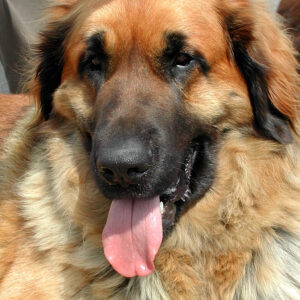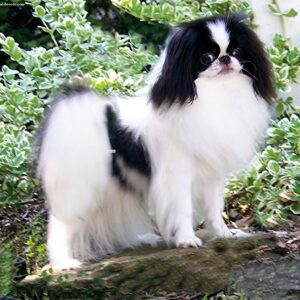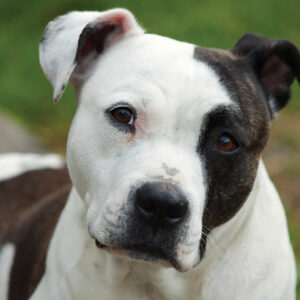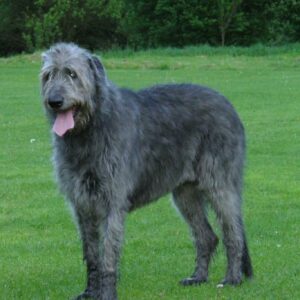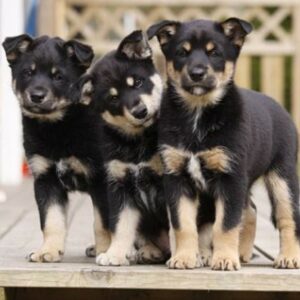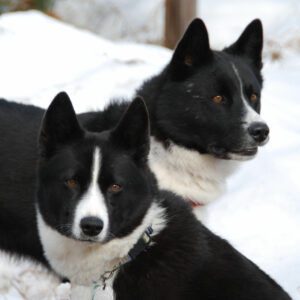Are you looking for a companion that is both small in size and big in personality? Look no further than the adorable and charming Russian Toy dog breed! This breed may be small, but it has a lot to offer in terms of loyalty and love.
History
The Russian Toy dog breed has a long and storied history that dates back to the early 1900s. The breed was originally developed as a companion animal for Russian aristocrats, who desired a small, lap dog that they could carry with them wherever they went. The breed’s popularity grew throughout Europe, and it was eventually recognized by the Russian Kennel Club in 2002.

Today, the Russian Toy dog breed is still relatively rare, but it has a dedicated following of fans who love it for its charming personality and loyal disposition.
Location of Origins
The Russian Toy dog breed originated in Russia, as its name suggests. It is believed to have been descended from several different breeds, including the English Toy Terrier, the Chihuahua, and the Italian Greyhound.
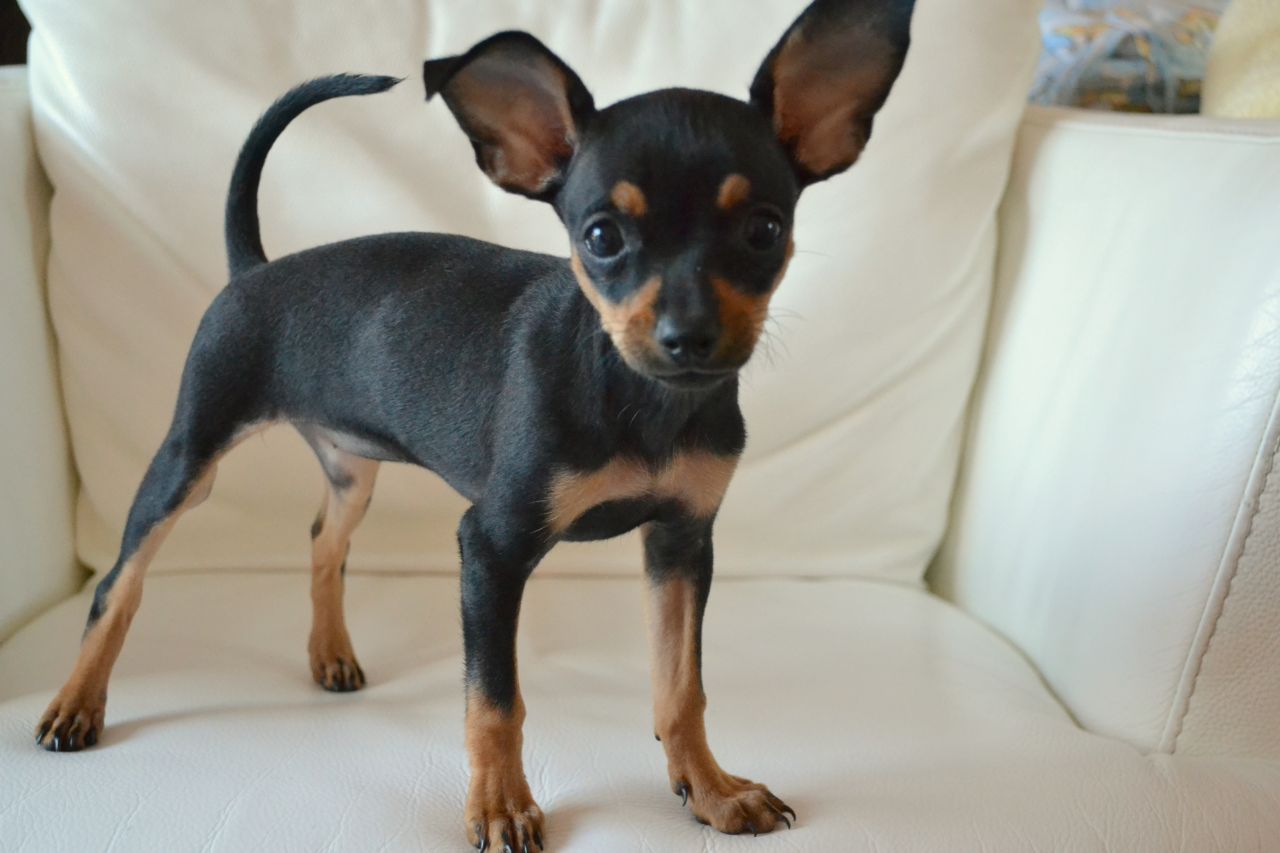
Despite its small size, the breed is known for its athleticism and agility. It is often used in agility and obedience competitions, where it can show off its impressive skills.
Characteristics
The Russian Toy dog breed has a number of unique characteristics that set it apart from other breeds. For example, it is a very intelligent and adaptable breed, which makes it a great choice for families with young children or other pets.
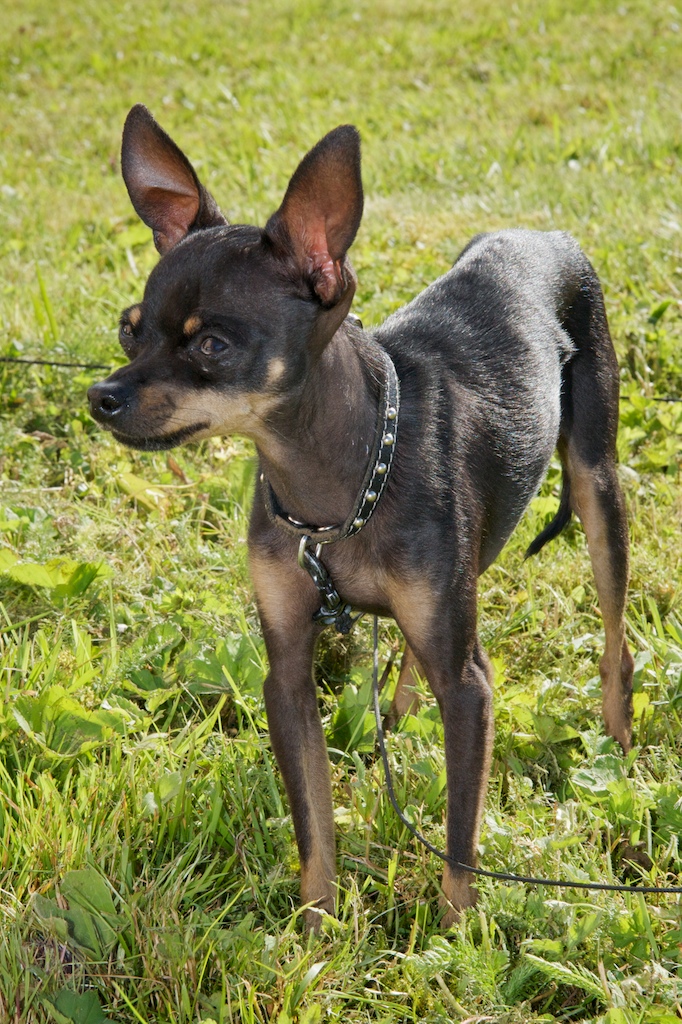
Despite its small size, the Russian Toy dog breed is also known for its high energy level. It requires a lot of exercise and playtime to stay healthy and happy. If you are looking for a companion that will keep you on your toes, this breed might be the perfect choice!
Finally, the Russian Toy dog breed is known for its loyalty and devotion. It forms strong bonds with its owners and can become very protective of its family members. This makes it a great choice for those who want a companion that will always be by their side.
Choosing the Best Foods
One of the most important things you can do for your Russian Toy dog is to feed it a balanced and nutritious diet. The breed is known for its high energy level, which means that it requires a lot of calories to maintain its health and wellbeing.

When choosing a food for your Russian Toy dog breed, look for a high-quality kibble that contains plenty of protein and healthy fats. Avoid foods that are high in sugar or artificial additives, as these can be harmful to your dog’s health.
Remember, every dog is different, and what works for one Russian Toy dog may not work for another. Be sure to consult with your vet to determine the best feeding plan for your furry friend.
Training
Training is essential for any dog, and the Russian Toy breed is no exception. This breed is highly intelligent and responds well to positive reinforcement training methods.

Start training your Russian Toy dog at a young age, and be patient and consistent in your training efforts. Consistency is key, and your dog will respond best to clear and concise commands.
Finally, make training fun! The Russian Toy breed loves to please its owners, so be sure to reward your furry friend with plenty of love, attention, and treats for a job well done.
Taking Care
Taking care of a Russian Toy dog breed requires a bit of extra effort due to its small size and high energy level. Here are a few tips to help keep your furry friend healthy and happy:
- Provide plenty of exercise and playtime to burn off excess energy
- Brush your dog’s coat regularly to prevent tangles and matting
- Clean your dog’s teeth regularly to prevent dental problems
- Keep an eye out for any signs of illness or discomfort
With a little bit of extra care and attention, your furry friend will thrive and provide you with years of love and companionship.
FAQs
Q: Are Russian Toy dogs good with kids?
A: Yes, Russian Toy dogs can make great companions for families with young children. They are gentle and playful and adore attention from their owners.
Q: How much exercise does a Russian Toy dog need?
A: Russian Toy dogs require plenty of exercise and playtime to stay healthy and happy. Aim for at least 30 minutes of exercise per day, and be sure to provide plenty of toys and games to keep your furry friend entertained.
Conclusion
The Russian Toy dog breed is a delightful and charming little dog that offers plenty of love and devotion to its owners. While it requires a bit of extra care and attention due to its small size and high energy level, the joys of owning a Russian Toy dog are well worth the effort.
Whether you are looking for a loyal companion to keep you company on long walks or a playful friend to romp around the house with, the Russian Toy dog breed is a great choice for anyone looking for a furry friend that is small in size but big in personality.

